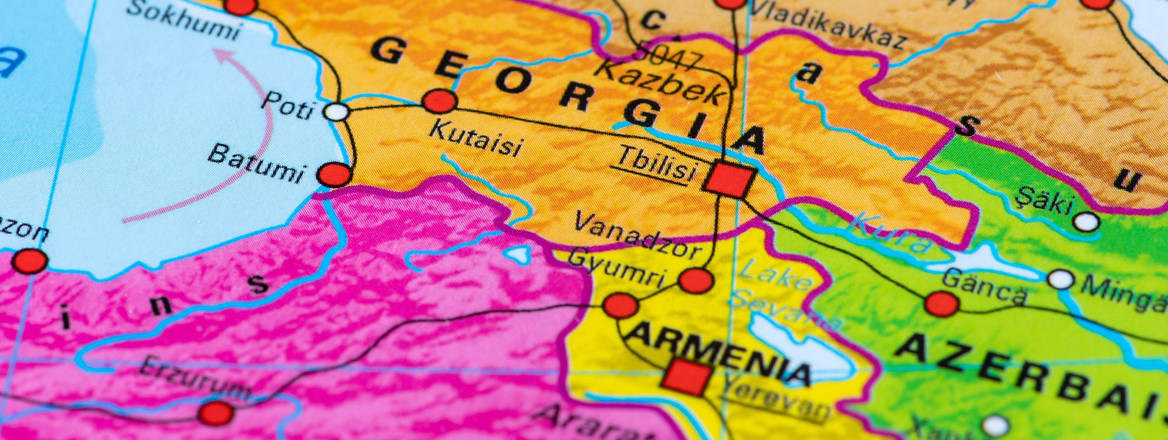Retying the Caucasian Knot: Russia's Evolving Approach to the South Caucasus
This paper explores the challenge to Russia’s established position in the South Caucasus as the region undergoes significant change.
Russia and the Euro-Atlantic community now find that their reach exceeds their grasp in terms of their ability to shape the regional order in the South Caucasus. Both remain regionally influential, but their leverage to drive developments is eroding as the South Caucasus is affected by multipolar international politics. The rise of multipolarity is being promoted by the increasing role of a broad set of external actors – most of all Turkey, Iran and China – engaging in the South Caucasus, and by strengthening links between the region and Asia, the Middle East and Central Asia, links that are supplementing the region’s established ties to the US, Europe and Russia. In this context, there is increased local agency in relation to external partnerships (reinforced by a turn to illiberal domestic politics), and waning attraction both to Russian and Euro-Atlantic integration projects.
As a result of these changes, Russia has lost its position of pre-eminence, which rested primarily on tying together its security interests with the region’s protracted conflicts. Over the past 30 years, Moscow has leveraged these conflicts to give it a central geopolitical role, which it has used to promote a regional status quo to its advantage and to create a Gordian knot of interwoven obstacles and interests to hinder efforts at Euro-Atlantic integration. The war in Ukraine has played a part in undercutting Moscow’s position in the South Caucasus, but Russia’s long-term relative decline as new actors have entered the region, power shifts within the South Caucasus itself (notably the rise of Azerbaijan), and changing Russian regional interests are the main factors challenging Moscow’s established role.
Russia is now seeking to adapt to the new regional situation. It is attempting to establish its role as the leading, but no longer exclusive, external actor in the South Caucasus by reconfiguring its position. This involves a rebalancing of bilateral relations, broadening its range of policy tools (notably in the areas of transport and communications) from a previous reliance on security, and being ready to countenance an expanded presence for other external actors, notably regional powers – principally Iran, Turkey and, increasingly, China – while remaining opposed to the US and the EU.
In the absence of a Euro-Atlantic security commitment capable of challenging Russia in the South Caucasus, the policies of enlargement (eventual NATO and EU membership) have lost traction. The Euro-Atlantic community now risks being marginalised in an increasingly competitive regional environment. If it is to undercut Russia’s effort to build a new position – to retie the Caucasian knot – and retain a significant regional role, it will need to develop approaches capable of responding to and shaping the new South Caucasus geopolitics and geo-economics.
WRITTEN BY
Dr Neil Melvin
Director, International Security
International Security


